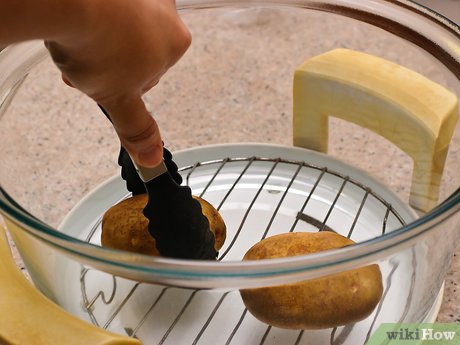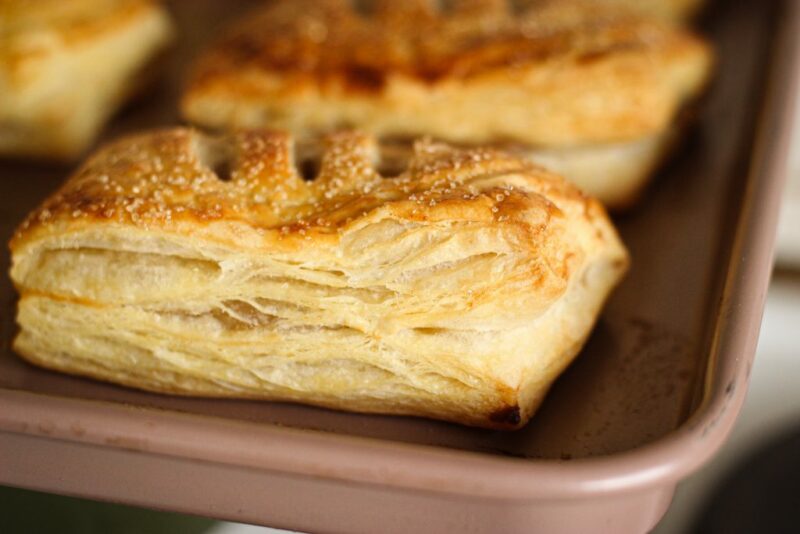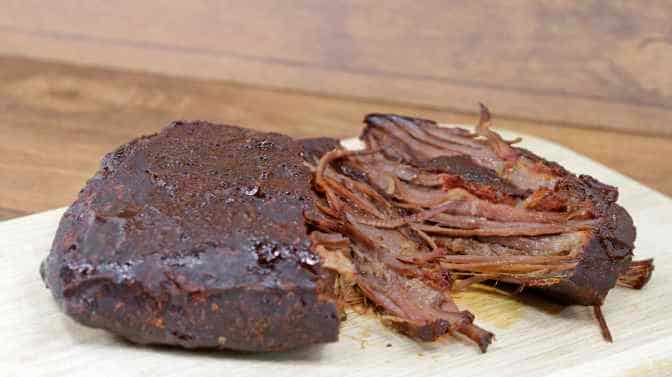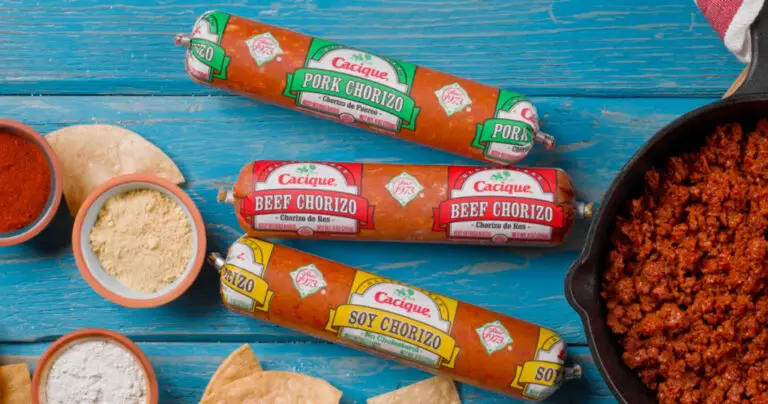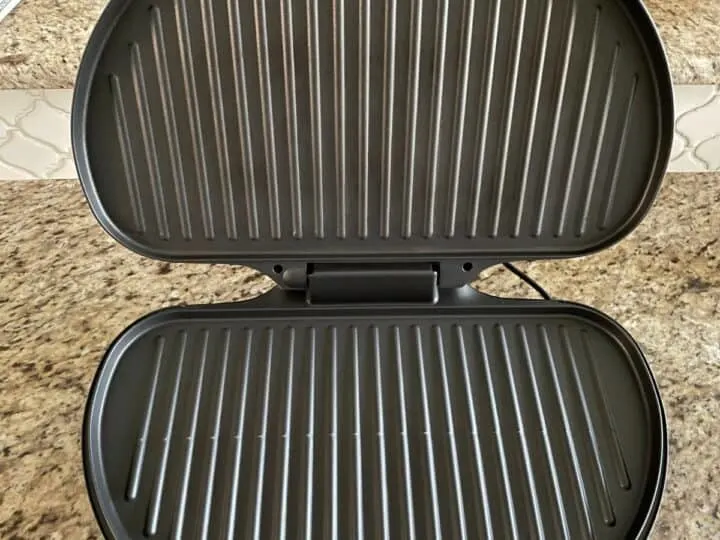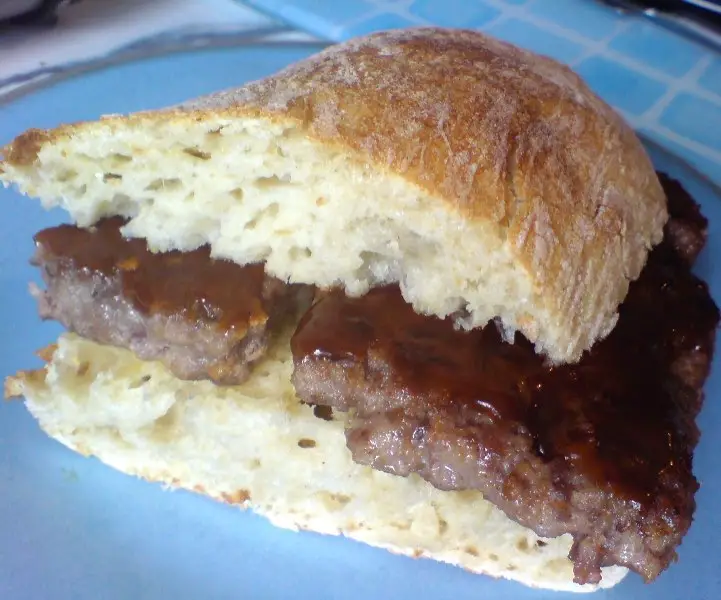Halogen ovens are a revolutionary kitchen appliance that has changed the way many people cook. They are known for their efficiency and ability to cook food quickly while retaining nutrients. In this article, we will discuss whether boiling potatoes in a halogen oven is possible and what benefits or drawbacks come with it.
Understanding Halogen Ovens
A halogen oven is an electric oven that uses a halogen bulb to produce heat and convection technology to circulate hot air throughout the cooking chamber. These ovens work by heating up the entire chamber at once instead of just one element or area, which makes them efficient and reduces cooking time. One main advantage of using a halogen oven is that they can cook food much faster than conventional methods and retain more nutrients since it does not involve water immersion.
The downside is that they may take some getting used to as many people aren’t familiar with using them, but that’s where our article comes in.
Boiling Potatoes in a Halogen Oven
Boiling potatoes means submerging them in boiling water until they are cooked through. This method can be useful when making mashed potatoes or potato salad. So, can you boil potatoes in a halogen oven? The answer is yes.
Halogen ovens reach high temperatures suitable for boiling potatoes, so there’s theoretically no reason why you shouldn’t use them for this purpose. To do so, fill your pot halfway with cold water (adding salt if desired) then add your potatoes. You may have to cut your potatoes into small pieces to fit inside the pot adequately.
Replace the lid on top of your pot – heat your halogen oven following instructions given by the manufacturer – ensure that your temperature setting matches what you would typically use when boiling on stove-top. Once preheated – put pot containing water & potato mixture into your Halgy”. You will probably notice early some impact of the heating element that passes under your pot – Circulation of air may displace smoke and cause a bit of noise; turn over potatoes halfway through cooking.
##Benefits Of Boiling Potatoes In A Halogen Oven
- Energy Efficiency: Water boils fast due to Convection heating, meaning less energy is needed to get the job done.
- Retention Of Nutrients: Since you’re using less water compared to traditional boiling methods, your potatoes retain more nutrients.
- Unique Taste Experience: cooking potatoes in a halogen oven brings about slight changes that add value to their taste profile.
##Cons Of Using A Halogen Oven To Boil Potatoes
- Takes Longer Time Than Traditional Methods : Because halogen ovens use convection technology, it takes longer for food to cook than conventional methods like a gas stove or slow cooker. This means you will need to adjust your timings as well when trying out new recipes.
Tips For Making Perfectly Boiled Potatoes In A Halogen Oven
Here are some tips for making perfectly boiled potatoes in a halogen oven:
- Clean your oven before use. Just like any other kitchen appliance, you should ensure its cleanliness before using it.
- Choose appropriately sized potatoes and cut them into even-sized pieces so they cook uniformly.
- Preheat your oven according to manufacturer’s instructions and keep an eye on the timing as it may take longer than you think.
- Add salt to taste then put everything into cold water (roughly halfway up the body) ensuring there is enough space left at top for expansion
- Drain and finish with butter for extra flavor; Sprinkle with herbs or spices if desired!
Remember that cooking times will vary depending on your oven model and potato size/type, so play around with timings until you find the sweet spot and take note of it for future reference.
Serving Ideas For Delicious Potato Dishes
Cooked potatoes have endless possibilities! Some serving suggestions include:
- Mash them with butter, milk and cream for creamy mash – great side dish!
- Make a potato salad with chopped vegetables, mayo, onions and mustard
- Serve alongside your favorite meat dishes such as roast chicken or beef steak.
- Add to soup recipes – perfect for winter days.
- Use them to make French Fries.
Conclusion
Boiling potatoes in a halogen oven can work out well if you follow the guidelines mentioned in this article. With its many benefits, such as energy efficiency and nutrient retention while cooking time may be a little longer than traditional methods.
We hope this guide has given you some insight into using your halogen oven for boiling potatoes or how halogen ovens can help streamline your cooking method thereby giving you room to try new things. Whatever you choose to do – enjoy your meals!
Q&A
Can a halogen oven handle boiling potatoes efficiently?
Halogen ovens are great for roasting, grilling, and baking, but can they handle the task of boiling potatoes? The answer is yes! Halogen ovens work by heating the air inside the appliance using a halogen bulb. So, you can easily boil your potatoes using a large pot inside the halogen oven.
Do I need to adjust the cooking time when boiling potatoes in a halogen oven?
Yes, you should always adjust the cooking time when using different cooking methods for any dish. For boiling potatoes in a halogen oven, it’s best to use a timer for about 15-20 minutes on high heat. However, it would help if you kept checking on them to avoid overboiling.
Can I directly place raw potatoes inside a halogen oven for boiling?
No, direct placing might not give you the desired results since there will be no water element in between that prevents your food from sticking or burning. Thus to boil anything including potatoes fill up an open bottomed container with water and place inside your halogen oven.
What are some disadvantages of boiling potatoes in a halogen oven compared to traditional boiling?
Boiling potatoes directly on stovetop offers more control over temperature and time unlike doing so with halogen ovens which cannot quite accurately replicate this level of control over heat-source positioning; they also notoriously tend to produce unevenly cooked dishes due to their weak heating elements comparatively being too far from food surfaces.
